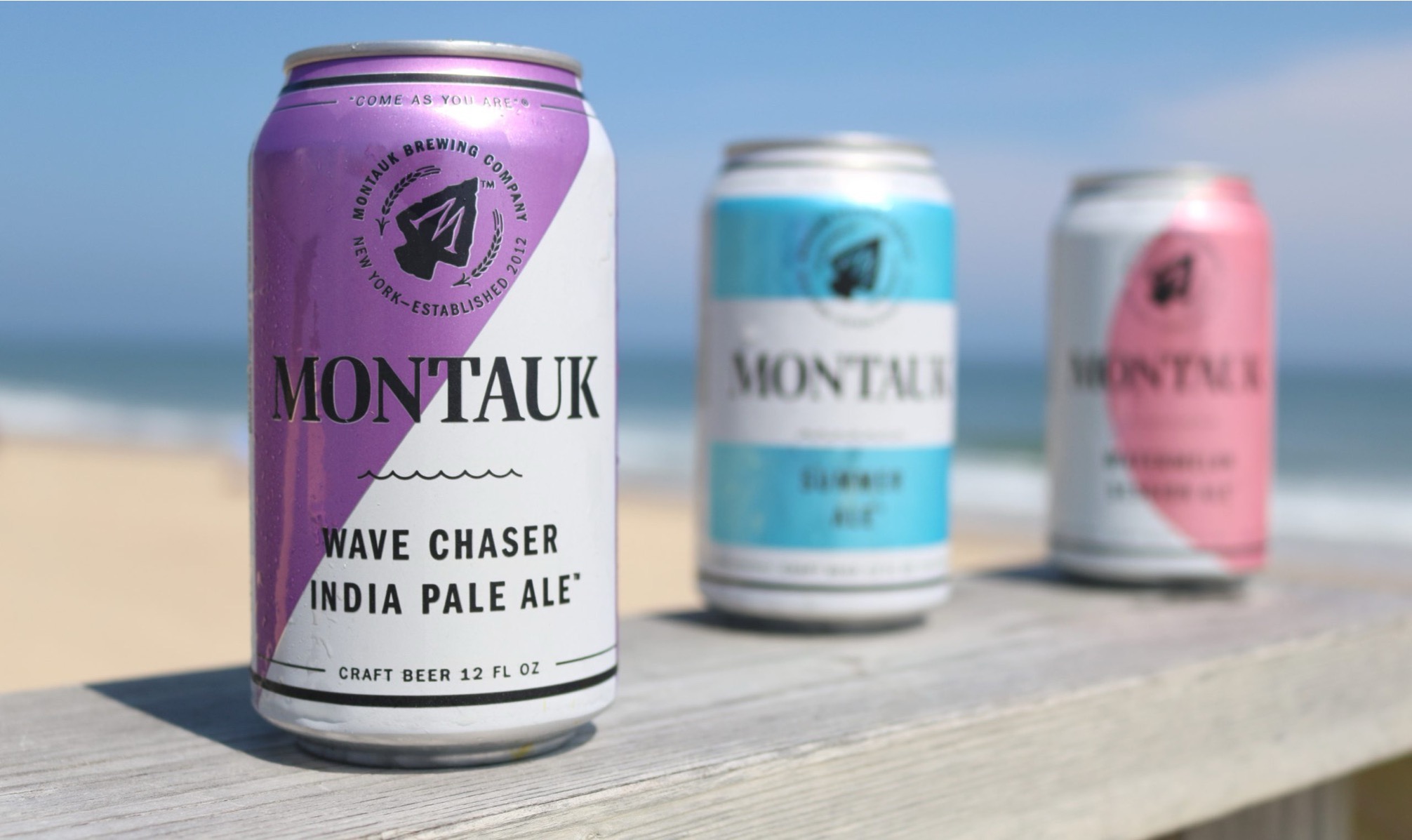Article
Musk, Twitter and Mastodon: is the future of social media open source?

It’s been an interesting week for those of us who have been active Twitter users for well over a decade (why yes, we do feel very old – thanks for asking!)
On the day it was announced that Elon Musk’s bid to buy Twitter for $44bn had been accepted, relatively unknown social networking platform Mastodon reported (ironically, on Twitter) an influx of over 41,000 new users.
An open source social media service that claims to be the “largest decentralised social network on the internet,” Mastodon is being hailed by many as the most obvious new home (and refuge) for Twitter users who aren’t fans of the site’s new owner.
While Mastodon has seen upticks in user numbers previously (mostly when Twitter made changes that users disliked), could this latest news give it the boost it needs to become the heir to Twitter’s ‘Town Square’ throne?
The fact Mastodon is completely open source is attracting particular attention. Making its code available on GitHub, Mastodon is not a single, centralised service like Twitter, but a platform on which users can create their own communities with their own rules around moderation, membership and other policy considerations.
Twitter has been criticised over the years for what some view as unfair or overzealous approaches to moderation on the platform, with many suggesting its algorithm dishes out unequal treatment to users. But the company’s new owner has a plan to address that: Musk thinks Twitter should go open source too – specifically, algorithms relating to bans and tweet rankings would be made publicly available.
While the plan has been rapturously applauded by Musk’s enormous Twitter follower base, critics are already questioning whether an open source Twitter would “introduce new security risks while doing little to boost transparency.” Would it simply be trading perceived censorship for even bigger problems?
It’s too early to say what exactly an open source Twitter would look like in practice, but one thing seems certain: those of us that stick around on the site are going to have to learn to play by some new policy rules once the new owner is installed.





